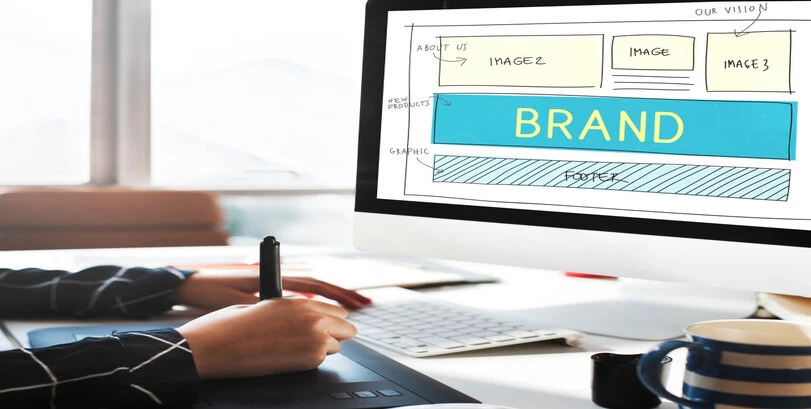The Legal Implications of Camcorder tapes to disc Conversion: Copyright and Privacy Issues
Learn about the legal implications of converting camcorder tapes to discs. Avoid copyright and privacy issues with our comprehensive guide.
5 minutes to read

Camcorder tapes to disc conversion is a popular practice, but it comes with legal implications. Copyright and privacy issues can arise if not handled properly. This article delves into the potential legal issues involved and provides guidelines to avoid any legal pitfalls.
Camcorder Tape to Disc Conversion: Legal Issues
Converting Camcorder video to digital formats has become a popular practice in recent years. With advancements in technology, it is now possible to transfer camcorder tapes to laptops and other digital devices easily. However, this practice can raise several legal implications related to copyright and privacy. In this article, we will explore the potential legal issues involved in Transferring camcorder to laptop and provide guidelines to avoid any legal pitfalls.
 Advertisement of a tape digitizing service with an image of two VHS tapes with Scrabble letters “ Movie” on them on a blue background.
Advertisement of a tape digitizing service with an image of two VHS tapes with Scrabble letters “ Movie” on them on a blue background.
Copyright Issues
One of the most significant legal implications of transferring camcorder tapes to laptops is copyright infringement. When we convert a camcorder tape to a digital format, we are essentially making a copy of the original work. This copy can infringe on the copyright owner's exclusive right to reproduce the work, which is protected under copyright law.
To avoid any copyright infringement issues, it is essential to obtain the necessary permissions from the copyright owner before transferring the camcorder tape to a laptop. If the camcorder tape features copyrighted material, such as music or movies, you will need to obtain the necessary licenses or permissions from the copyright owners. Failure to do so can result in legal action, including fines and penalties.
Privacy Issues
Transferring camcorder tapes to laptops can also raise privacy concerns. Camcorder tapes often contain personal information, such as home videos or family events, which can be sensitive and confidential. When transferring these tapes to a laptop, it is crucial to ensure that the privacy of the individuals involved is protected.
One way to protect privacy is to delete any sensitive or confidential information from the camcorder tapes before transferring them to a laptop. Additionally, it is essential to store digital files securely, preferably on a password-protected device or cloud storage service, to prevent unauthorized access to the data.
 An image of the Brand trademark marketing website plan.
An image of the Brand trademark marketing website plan.
Fair Use
While transferring camcorder tapes to laptops can raise copyright and privacy concerns, there are some exceptions to copyright law that allow for fair use. Fair use is a legal doctrine that allows for limited use of copyrighted material without obtaining permission from the copyright owner. Some examples of fair use include criticism, commentary, news reporting, teaching, scholarship, and research.
However, fair use is a complex legal concept, and determining whether a particular use falls under fair use requires a case-by-case analysis. Generally, to determine whether a particular use is fair, courts consider the purpose and character of the use, the nature of the copyrighted work, the amount and substantiality of the portion used, and the effect of the use on the potential market for or value of the copyrighted work.
Best Practices for Transferring Camcorder Tapes to Laptops
To avoid any legal pitfalls when transferring camcorder tapes to laptops, it is essential to follow some best practices.
First, always obtain the necessary permissions or licenses from the copyright owner before transferring the camcorder tape to a laptop. If the camcorder tape features copyrighted material, such as music or movies, you will need to obtain the necessary licenses or permissions from the copyright owners.
Second, delete any sensitive or confidential information from the camcorder tapes before transferring them to a laptop. Additionally, it is essential to store digital files securely, preferably on a password-protected device or cloud storage service, to prevent unauthorized access to the data.
Third, be mindful of fair use when transferring camcorder tapes to laptops. If you plan to use digital files for criticism, commentary, news reporting, teaching, scholarship, or research, ensure that your use falls under fair use.
 Alt text: Advertisement of a tape digitizing service with an image of three VHS tapes on a green background.
Alt text: Advertisement of a tape digitizing service with an image of three VHS tapes on a green background.
Conclusion
Transferring camcorder tapes to laptops can be a useful way to preserve memories and share them with friends and family. However, it is crucial to be aware of the legal implications involved to ensure that you are not infringing on anyone's copyright or violating their privacy. Always obtain the necessary permissions or licenses from the copyright owner, delete any sensitive or confidential information, and store the digital files securely. Additionally, be mindful of fair use and ensure that your use falls under this legal doctrine. By following these best practices, you can transfer your camcorder tapes to laptops safely and legally, without any legal repercussions.